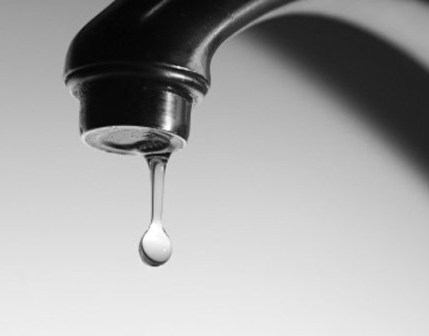Water Quality Testing
 When you make an offer to purchase a house with a private well, perform a test to analyze water quality. Make your contract contingent on obtaining the desired test results. Use a state-certified laboratory, and if you are allowed to draw water samples yourself, be sure to follow the instructions carefully.
When you make an offer to purchase a house with a private well, perform a test to analyze water quality. Make your contract contingent on obtaining the desired test results. Use a state-certified laboratory, and if you are allowed to draw water samples yourself, be sure to follow the instructions carefully.
The EPA recommends that you test well water annually for nitrates and coliform bacteria, but the lab may suggest additional tests important for your specific property or region, such as:
- Test for pesticides if the home is built on the site of an old orchard or farm.
- Test for volatile organic chemicals if an oil tank is buried on the property, or if commercial storage tanks are buried nearby.
- Test for lead if the home has lead pipes. *This is important in homes with public water too, since contamination occurs after the water enters the plumbing.
The results of your water tests might show contaminants that are offensive, but not health risks. The lab can advise you about the differences between that type of contaminant and dangerous contaminants, and their possible sources. Don’t hesitate to ask as many questions as it takes to answer all of your concerns. Some types of contamination may not be correctable, so it’s important to understand what’s causing the problem before you close on the property.








